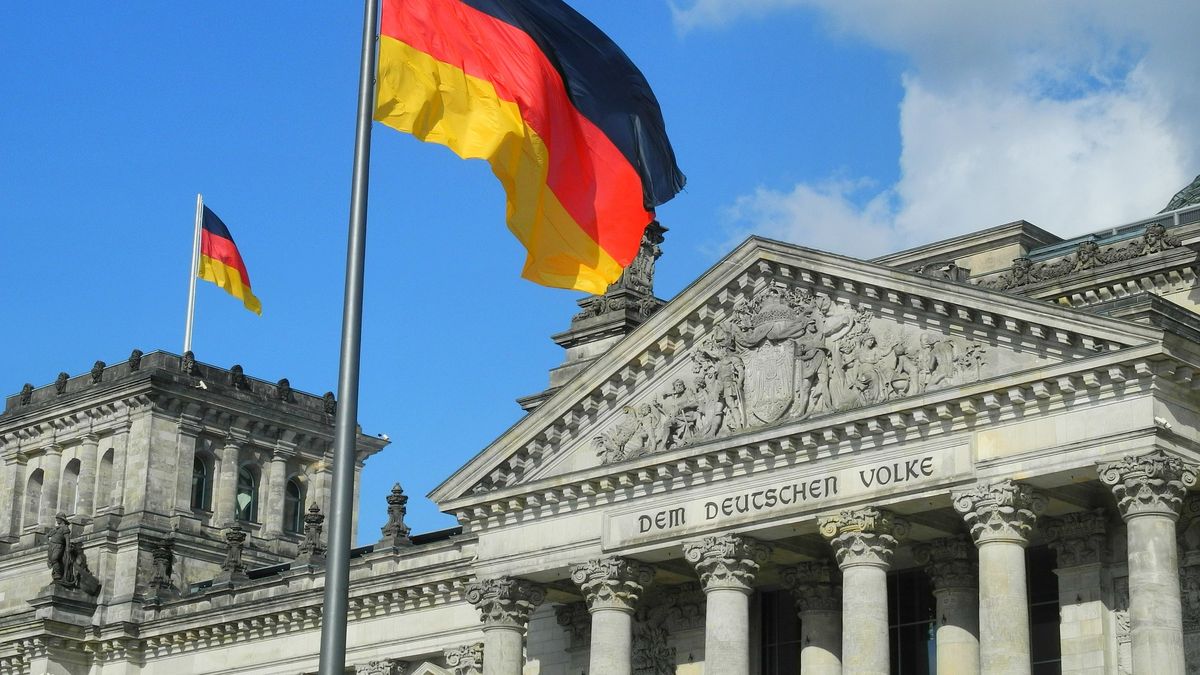As the months went by, the optimism at the beginning of the year about a strong economic recovery after two years of pandemic gives way to a deepening depression.
Almost eight months after Russia invaded Ukraine a first taboo was broken: the main international institutions speak openly of a recession: in September the Organization for Economic Cooperation and Development (OECD) predicted a recession in Germany in 2023 due to the collateral damage of the war; later the World Trade Organization (WTO) went so far as to say that it fears a “global recession”.
In the german casethe dependency of the energy of Russian origin caused it to have a direct impact on activity, since the spike in prices added to supply cuts by the Eurasian giant affected production, in addition to the cost of living.
“We foresee a sharp slowdown for Italy, with negative growth in 2023, mainly due to energy prices and the country’s dependence on gas,” commented the IMF’s chief economist, Pierre-Olivier Gourinchasat a press conference on Tuesday.
The German government will publish its forecasts on Wednesdaywhich could be a recession, according to the Bild newspaper, while the Italian still expects growth of 0.6% next year.
For Italythe situation could worsen even more “in the event of an additional shock in the energy markets”, said the deputy director of the IMF, Petya Koeva Brooks.
Both Italy and Germany, both founding members of the European Union, are affected by the gas market and are struggling to diversify their supplies, rating agency Fitch recently highlighted.
The explosion in energy prices is also putting companies in the industrial sector in trouble, with a lot of weight in Italy and Germany. The exorbitant energy costs sometimes force them to limit their activity and in others they are doomed to bankruptcy.
“If temperatures are too cold or gas demand does not fall enough this fall, there could be energy rationing during the winter in Germany,” the IMF warned, which would have harmful effects on German industry.
The entity also warned that the problems of the main economy of the euro zone are likely to weigh “strongly” on neighboring economies, continues the international institution, which revised downwards the growth forecast for France next year to 0.7 % and that of Spain to 1.2%.
Source: Ambito
David William is a talented author who has made a name for himself in the world of writing. He is a professional author who writes on a wide range of topics, from general interest to opinion news. David is currently working as a writer at 24 hours worlds where he brings his unique perspective and in-depth research to his articles, making them both informative and engaging.




